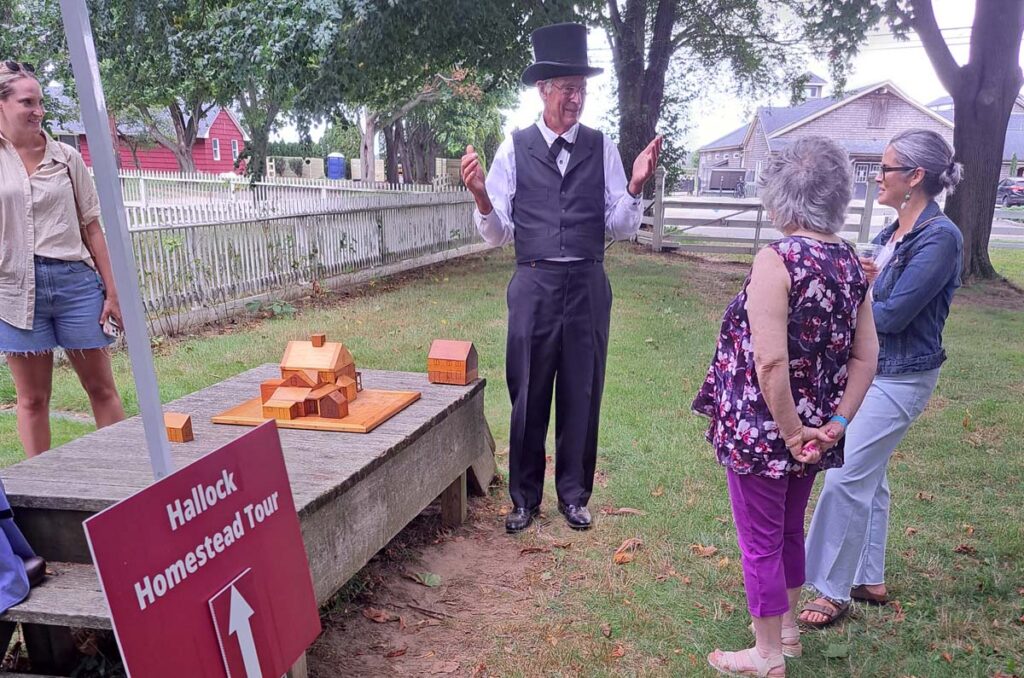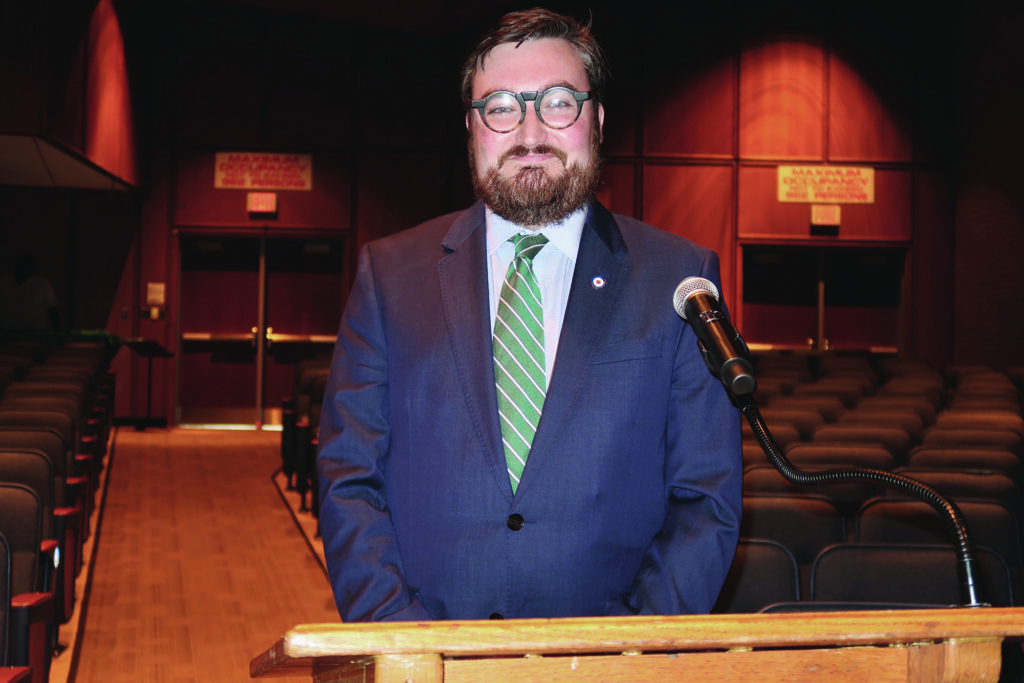Sale of Plum Island blocked as Congress approves more coronavirus aid

Going, going, gone.
The passing of a $2.3 trillion spending bill means Plum Island is permanently off of the auction block.
A provision to block the sale of the 840-acre island was included in a massive spending bill approved by both the House and the Senate late Monday evening.
“It is very exciting news for our region that Plum Island is closer to a future of conservation, public access and hopefully a continued use of the state of the art research infrastructure,” Congressman Lee Zeldin (R-Shirley) said in an interview Tuesday.
In a bipartisan effort, Mr. Zeldin worked with members of Congress from Connecticut as well as U.S. Senators Charles Schumer and Kirsten Gillibrand to repeal a 2008 law that called for the sale of Plum Island and closure of the Plum Island Animal Disease Center. A new research facility is being constructed in Manhattan, Kansas.
“Our longtime push to save Plum Island from some ‘high bidder’ or anyone else who might neglect its natural resources, environmental value, our local stakeholders and concerned communities is now realized,” Mr. Schumer said in a statement last week, adding that it would have been a “grave mistake” to sell the island.
Mr. Zeldin said Tuesday that the negotiations included pleas to White House administration and Department of Homeland Security officials.
“I conveyed to leadership how this was my No. 1 priority,” he said.
He credited local officials and environmental advocates for their efforts over the last decade to fight for saving the island, including the alliance of 116 organizations that comprise the Preserve Plum Island Coalition.
“It is rare in conservation to get a second chance,” John Turner, a spokesperson for the coalition, said in a statement. “All too often, a species becomes irretrievably lost to extinction or a forest is irreparably destroyed by development. But Congress, through repeal of the mandate directing the sale of Plum Island, is giving the island a second chance.”
With the sale of Plum Island out of the picture, the coalition will shift its attention to implementing their vision for the future, beginning with identifying an appropriate owner that can ensure conservation, officials said.
In addition to the Plum island legislation, the spending bill included several appropriations for local projects, including feasibility studies for Goldsmith Inlet and Wading River Creek, authorization for construction of a Hashamomuck Cove project to reduce coastal storm damage and authorization for the Fire Island to Montauk Point Project.
Legislation from 2012 that mandated the sale of the T-Band spectrum was also repealed, allowing first responders to continue using the spectrum to operate their radios.
Lawmakers also reached an agreement on a $900 billion coronavirus relief package included in the spending bill, which will fund the government in 2021.
The relief bill includes a second round of direct payments—up to $600—for individual tax filers making less than $75,000 and $150,000 for joint filers. A $300 weekly supplement for unemployment benefits will be extended for 11 weeks, according to the legislation.
The relief package includes $20 billion for vaccine distribution in order to offer it at no charge to those who need it and extends the Paycheck Protection Program for businesses that didn’t receive loans in the first round.
Mr. Zeldin, who said he intends on getting vaccinated, said funding for distribution is a “huge” deal.
“It’s critical for our island, our country and really for the whole world to be able to get vaccinated to stop the spread and hopefully return quickly to the way of life that we were used to,” he said Tuesday afternoon.
A second round of PPP funding is available in the bill for businesses that employ less than 300 people and have experienced more than a 25% reduction in revenue. Under this program, previously ineligible 501(c)(6) organizations, like the tourism group Discover Long Island, chambers of commerce and trade associations would be eligible for PPP funding.
Language in the bill also ensures that PPP recipients can deduct business expenses covered using the loans, reversing an April IRS decision that would have disallowed those deductions.
According to Mr. Zeldin, that would have resulted in $120 billion in taxes owed by small businesses. “Small businesses would have ended up getting crushed with massive unexpected tax bills based on the relief that was supposed to help them survive the pandemic,” he said.
Small Business Administration records show that on the North Fork, just over 1,500 small businesses received more than $116 million in Paycheck Protection Program loans. Records show that over 5.2 million loans have been issued since the $2 trillion CARES Act was approved in late March.
According to Mr. Schumer, the latest aid package delivers billions of dollars that will directly impact New Yorkers, including $5.8 billion for education, $1.3 billion in emergency rent relief as well as support for transit and airline systems. Of the $1.3 billion in rent and eviction relief, Suffolk County is slated to receive approximately $45 million, according to Mr. Schumer’s office.
Nationally, $15 billion will be allocated for music and entertainment venues under what’s known as the Save Our Stages act.
“The center of New York’s cultural life—independent music and live event venues, Broadway, independent movie theaters, museums and other cultural institutions—will receive dedicated aid to stay alive here in New York,” Mr. Schumer said in a statement.
The package marks the second largest relief bill in U.S. history and Mr. Schumer said he’d fight for more aid under President-elect Joe Biden’s administration.
“Clearly, there is more to be done,” Mr. Schumer said. “This is not a stimulus, this is a survival bill and we will fight for more relief under President Biden, because this crisis is not over.”
Mr. Zeldin said Tuesday that he believes there are still “unresolved” issues that must be addressed early next year, including the need for additional state and local aid and business liability protections that he pointed to as being the “two basic pillars” of a potential future agreement.
But moving forward, Mr. Zeldin and other lawmakers are calling for a more transparent process. Lawmakers Monday had just a few hours to digest the legislation included in the over 5,000-page bill.
“If Congress is ever in need of passing a bill that’s thousands of pages long, it should be made public and more thoroughly vetted before being voted on,” he said.








